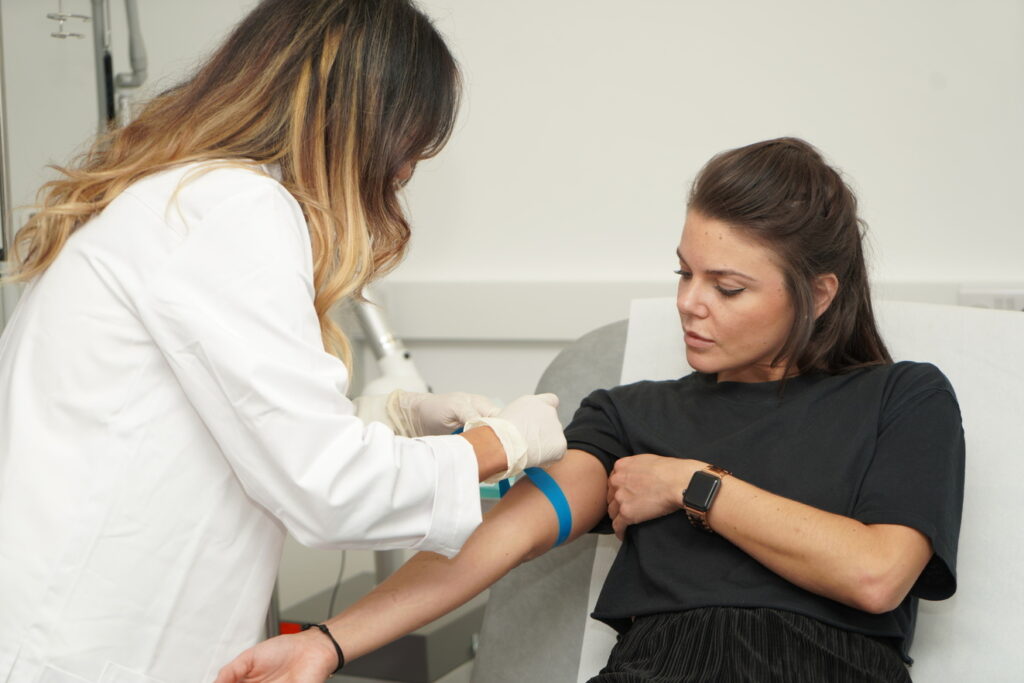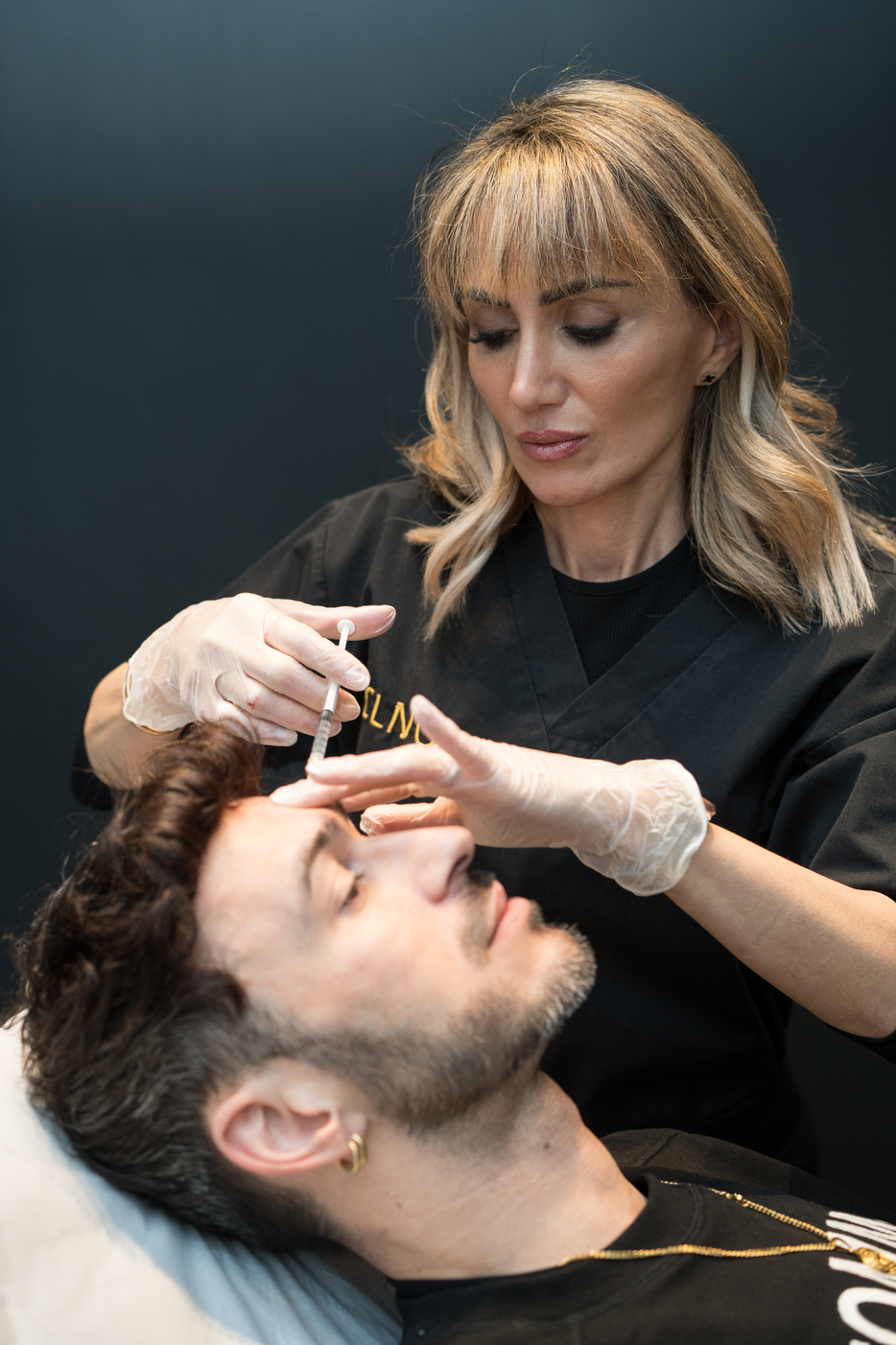Vitamin D is an essential nutrient that plays a critical role in overall health, particularly in bone health, immune function, and mood regulation. However, there’s often confusion surrounding the different types of vitamin D, namely Vitamin D2 and Vitamin D3. Understanding these distinctions can empower you to make the best choices for your health.
We look into what vitamin D is, its two main forms (D2 and D3), their roles, sources, benefits, and which form might be best for you. Let’s break down the science behind these vitamins in a clear and approachable way.
What Is Vitamin D?
Vitamin D is a fat-soluble vitamin often referred to as the “sunshine vitamin” because our bodies produce it in response to sunlight. It’s a unique vitamin since it’s not readily available in many foods and is primarily synthesized in the skin. This vitamin plays an essential role in helping our body absorb calcium and phosphorus, which are crucial for bone strength and immune health.
Low vitamin D levels are commonly associated with fatigue, weakened immunity, mood swings, and even bone issues like osteoporosis in the long term. The two main types of vitamin D found in dietary supplements and fortified foods are vitamin D2 (ergocalciferol) and vitamin D3 (cholecalciferol).

Why Is Vitamin D Important?
Vitamin D is involved in numerous physiological processes, including:
• Bone health: It helps the body absorb calcium, vital for bone density and strength.
• Immune function: Supports the immune system, reducing the risk of infections.
• Mood regulation: Linked to serotonin production, impacting mood and potentially reducing symptoms of depression.
• Cell growth and repair: Plays a role in cell differentiation, supporting cellular health.
Now that we know why vitamin D is essential, let’s explore the differences between D2 and D3 and how they contribute to overall health.
Vitamin D2 vs. Vitamin D3: Understanding the Differences
What Is Vitamin D2?
Vitamin D2, or ergocalciferol, is a form of vitamin D synthesized by plants. It’s most commonly found in mushrooms and yeast and is the form that has been used historically in vitamin D supplements and fortified foods. Unlike D3, vitamin D2 is not produced in the human body but can still help to maintain vitamin D levels.
Sources of Vitamin D2
• Mushrooms exposed to sunlight: Especially varieties like portobello and maitake mushrooms.
• Fortified foods: Certain cereals, plant-based milks, and orange juice are often fortified with vitamin D2.
• Supplements: Available in vegan and vegetarian-friendly vitamin D supplements.
Effectiveness of Vitamin D2
Vitamin D2 has a shorter duration of action in the body than D3. Studies suggest that it may not be as effective in raising overall vitamin D levels in the blood compared to D3, but it still provides important health benefits, especially for those following a plant-based diet.
What Is Vitamin D3?
Vitamin D3, or cholecalciferol, is the form of vitamin D produced in the skin in response to sunlight. It’s also found in certain animal-based foods and is commonly used in dietary supplements because of its higher bioavailability and efficacy in raising blood vitamin D levels.
Sources of Vitamin D3
• Sun exposure: Our primary source of natural D3.
• Fatty fish: Salmon, trout, mackerel, and sardines.
• Liver and egg yolks: Rich in D3 and other fat-soluble vitamins.
• D3 supplements: Widely available and more effective in raising vitamin D levels than D2.
Effectiveness of Vitamin D3
Vitamin D3 is considered more effective than D2 in raising and maintaining vitamin D levels in the blood. Studies indicate that D3 supplementation can better support bone health and immune function, making it a preferred choice among healthcare providers.
How Vitamin D Works in the Body
Once ingested or synthesized, both D2 and D3 are converted in the liver to 25-hydroxyvitamin D (25(OH)D), the storage form of vitamin D. This form is then converted in the kidneys to its active form, 1,25-dihydroxyvitamin D (calcitriol), which the body uses to perform essential functions.
Metabolism of Vitamin D2 vs. Vitamin D3
• D2 metabolism: Tends to break down more quickly, leading to shorter duration in the bloodstream.
• D3 metabolism: Breaks down more slowly, maintaining higher levels in the body and providing prolonged effects.
Which Is Better for Raising Vitamin D Levels?
Research suggests that vitamin D3 is superior to D2 in raising serum 25(OH)D levels, making it more effective for maintaining adequate vitamin D status, especially during the winter months or for those with limited sun exposure.
Health Benefits of Vitamin D2 and D3
Bone Health
Vitamin D plays a pivotal role in bone health by enabling the absorption of calcium. A deficiency in vitamin D can lead to weak bones, fractures, and osteoporosis. Both D2 and D3 contribute to bone health, but D3 may have a more substantial impact due to its longer-lasting effects in the body.
Immune System Support
Vitamin D is crucial for a well-functioning immune system. It activates the immune cells that fight off infections. Adequate levels of vitamin D3, in particular, are associated with reduced susceptibility to colds, flu, and other respiratory infections.
Mood and Mental Health
Research shows that vitamin D plays a role in serotonin production, a neurotransmitter that regulates mood. Low levels of vitamin D, particularly D3, have been associated with a higher risk of depression. Supplementing with D3 may support mental health, especially in individuals with seasonal affective disorder (SAD).
Other Potential Benefits
• Cardiovascular health: Vitamin D may support heart health by regulating blood pressure and reducing inflammation.
• Skin health: Adequate levels of vitamin D can improve skin cell turnover, potentially benefiting skin conditions such as psoriasis.
• Hormonal balance: As a fat-soluble vitamin, D3 supports the endocrine system, which influences hormone production.
Vitamin D Deficiency: Symptoms and Risk Factors
Symptoms of Vitamin D Deficiency
• Fatigue and tiredness
• Bone pain and muscle weakness
• Low mood or symptoms of depression
• Frequent infections
• Hair loss
Risk Factors for Vitamin D Deficiency
• Limited sun exposure: People in northern climates or those who spend most of their time indoors.
• Darker skin tone: Higher melanin reduces the skin’s ability to produce vitamin D from sunlight.
• Older age: Reduced skin thickness limits vitamin D production.
• Dietary restrictions: Vegans and vegetarians may need to rely more on fortified foods or supplements.
Testing and Diagnosing Vitamin D Deficiency
A blood test measuring serum 25(OH)D levels is the best way to assess vitamin D deficiency. Health professionals consider levels below 20 ng/mL as deficient, while optimal levels are typically between 30 and 50 ng/mL.
Choosing Between Vitamin D2 and D3 Supplements
Who Should Consider Vitamin D2?
Vitamin D2 is a suitable choice for vegans and vegetarians who prefer a plant-derived source of vitamin D. While D2 is not as potent as D3, it can still help maintain vitamin D levels, especially when taken consistently.
Who Should Consider Vitamin D3?
D3 is often recommended for individuals with higher vitamin D needs or those at risk of deficiency, such as the elderly, individuals with darker skin, or people with limited sun exposure. D3 is usually derived from animal sources, but there are vegan versions derived from lichen.
How Much Vitamin D Should You Take?
Dosage recommendations vary based on age, lifestyle, and individual health needs. Typical recommendations suggest:
• 400-800 IU per day for children and adults up to age 70.
• 800-1000 IU per day for adults over 70.
If you’re unsure about the right dose, our doctor can help determine the correct amount based on your individual needs and blood test results.
Potential Risks and Side Effects of Vitamin D
While vitamin D is generally safe, excessive amounts can lead to toxicity, causing hypercalcemia (high calcium levels), which may result in nausea, weakness, or kidney problems. Always stick to recommended dosages unless advised otherwise by a healthcare provider.
Vitamin D for Optimal Health
Both vitamin D2 and D3 play essential roles in supporting health. While D3 is generally more effective at raising blood vitamin D levels, D2 can still benefit those with plant-based dietary preferences. To maintain optimal health, it’s essential to monitor your vitamin D levels, ensure regular sun exposure, and consider supplements when necessary. Book your consultation with our team at CLNQ where we can help tailor your vitamin D intake to best meet your health goals. We offer vitamin D shots at our clinics in Manchester and Cheshire.

















